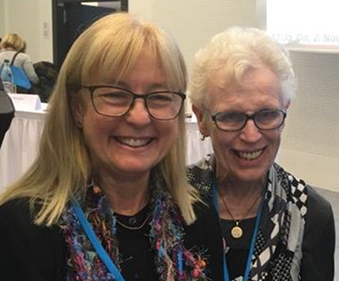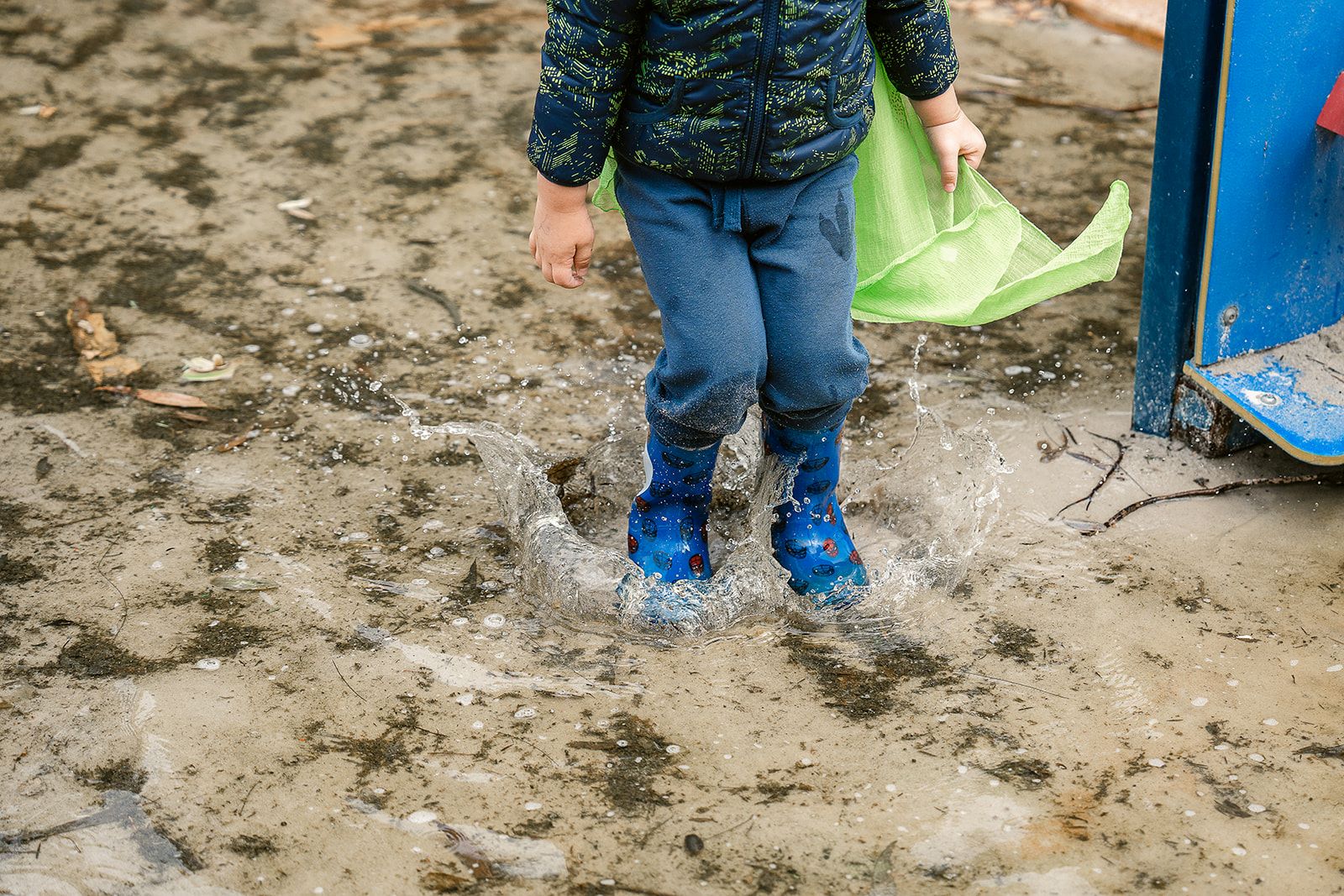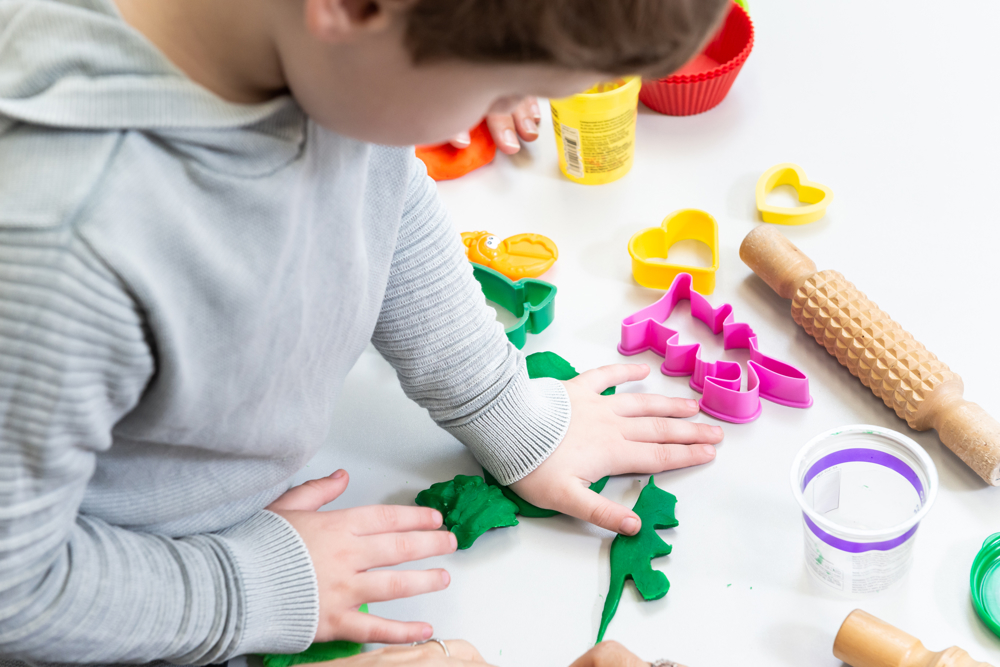Search
Showing results for "1"
Research
Protocol for establishing a core outcome set for evaluation in studies of pulmonary exacerbations in people with cystic fibrosisPulmonary exacerbations are associated with increased morbidity and mortality in people with cystic fibrosis (CF). There is no consensus about which outcomes should be evaluated in studies of pulmonary exacerbations or how these outcomes should be measured.
Research
Exploring genotype-phenotype relationships in the CDKL5 deficiency disorder using an international datasetCharacterized by early-onset seizures, global developmental delay and severe motor deficits, CDKL5 deficiency disorder is caused by pathogenic variants in the cyclin-dependent kinase-like 5 gene. Previous efforts to investigate genotype-phenotype relationships have been limited due to small numbers of recurrent mutations and small cohort sizes. Using data from the International CDKL5 Disorder Database we examined genotype-phenotype relationships for 13 recurrent CDKL5 variants and the previously analyzed historic variant groupings. We have applied the CDKL5 Developmental Score (CDS) and an adapted version of the CDKL5 Clinical Severity Assessment (CCSA), to grade the severity of phenotype and developmental outcomes for 285 individuals with CDKL5 variants.
Research
Patterns of sedentary time and ambulatory physical activity in a Danish population of girls and women with Rett syndromeHigh levels of sedentary time and low daily step counts in a Danish population of females with Rett syndrome

News & Events
The Kids researchers who helped identify rare disorder now poised to help the hunt for treatmentTwo The Kids Research Institute Australia researchers recognised for their role in building a global database for CDKL5 deficiency disorder are now helping to set the scene for clinical trials of much-needed potential treatments.
Research
Multigenerational Familial and Environmental Risk for Autism (MINERvA) NetworkEmma Helen Glasson Leonard BPsych BSc (Hons) PhD MBChB MPH Senior Research Fellow Principal Research Fellow +61 419 956 946 emma.glasson@

Find information on each session, and your pre-appointment checklist to ensure you are prepared.

Helping families to unlock the mental and physical health benefits of connecting with nature and community through outdoor play - easily, and locally.

News & Events
Celebrating International Day of Women and Girls in ScienceTo celebrate International Day of Women and Girls in Science, we asked some of the research team to share why science is the key to success and their tips for encouraging girls who want to pursue a career in STEM.

Exploring opportunities for early diagnosis and intervention and the impact this has on improving family healthcare.

News & Events
Neuroaffirming languageThe language we use shifts over time and the words we use are important. At CliniKids, we are committed to using language that is neuroaffirming and preferred by the autistic community.
